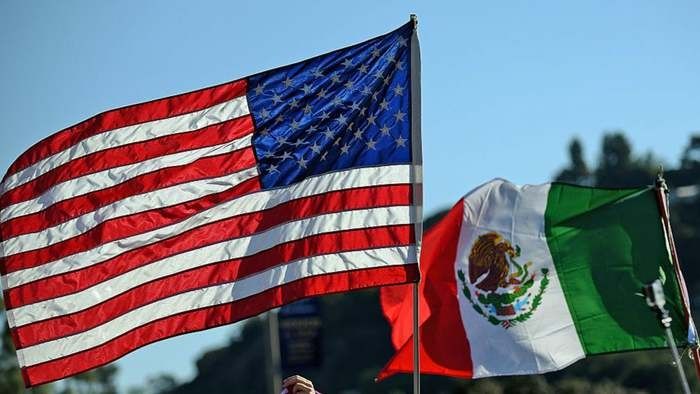Mexico and the U.S. shield themselves from intellectual property theft
The new agreement was signed by the Mexican Institute of Industrial Property (IMPI) and the United States Patent and Trademark Office (USPTO).

Avoiding duplication of patents worldwide and facilitating their processing in the country of origin as well as in other countries are the objectives of the new agreement signed by the Mexican Institute of Industrial Property (IMPI) and the United States Patent and Trademark Office (USPTO), the first of its kind in the world.
During the signing of the agreement, Juan Lozano Tovar, general director of the IMPI, explained that patents and intellectual property are instruments of wealth and although there are agreements in the world for the revision of patents, duplication is still not avoided, leaving multiple consequences.
"We are breaking new ground. Today we are part of a major initiative never before seen by two nations. When it comes to growth, there are no borders," he said.
Now duplication will be avoided. A job well done will no longer be repeated and the arrival of the patents in Mexico will be more expeditious. It also means that work previously registered in the United States will not be reviewed and vice versa; that time will now be dedicated to reviewing Mexican patents, with which one has a debt and which must be brought up to date.
No more theft
Wilbur Ross, U.S. secretary of commerce, stressed that the collaboration will also be a driver for innovation, jobs, and opportunities in different areas.
Most importantly, they will be armoring themselves against intellectual property theft and smuggling, a task that Mexico still needs to strengthen. With good management, innovation will grow and there will be a greater investment.
"We cannot continue to allow intellectual property theft and smuggling, because that discourages future innovation. This is the perfect time for Mexico to demonstrate its commitment to the protection of intellectual property rights," he said.
He added that T-MEC could promote the protection and give the freedom to produce or license products and processes with partners in both countries.
Increase in patents
Francisco Cervantes, president of the Confederation of Industrial Chambers of the United Mexican States, stressed that it is essential to continue promoting innovation in the country and generate a culture around it so that Mexico is one of the main protagonists in the Fourth Industrial Revolution.
Unfortunately, patent registrations are still low. Therefore, a technological development strategy is needed to identify the actors that affect the ecosystem and generate adequate articulation among them.
"China registers approximately 1 million 600,000 patents and us only 600, we must accelerate the processes. There are many young people with important inventions who are facing a very late registration," he said.
Cervantes lamented the absence of the academic sector in this collaboration, which should be one of the main driving forces since universities are full of talented young people. "Mexico should be an exporter of talent in innovation," he concluded.




